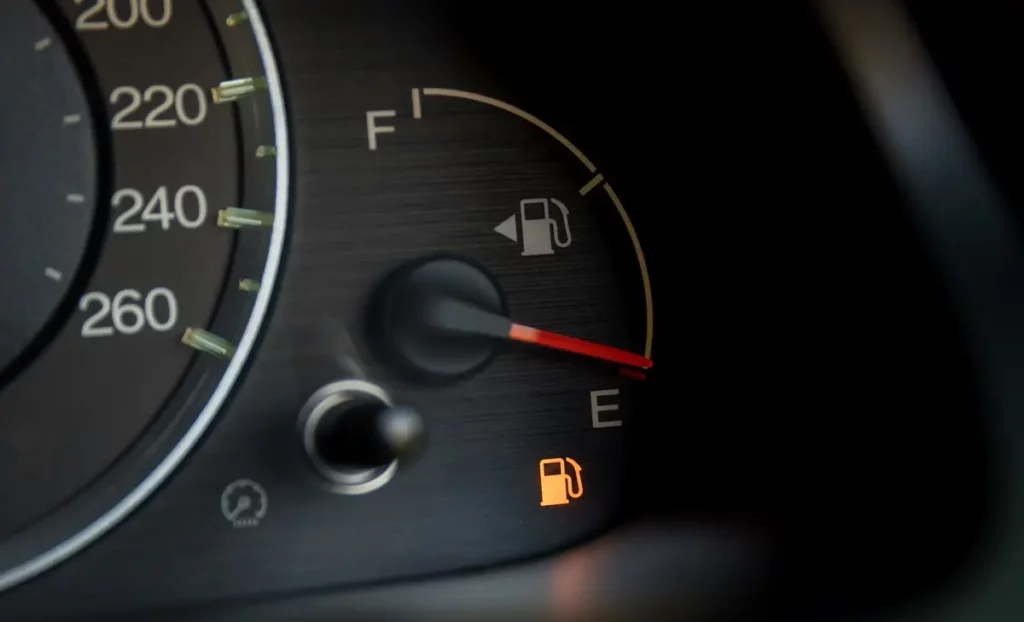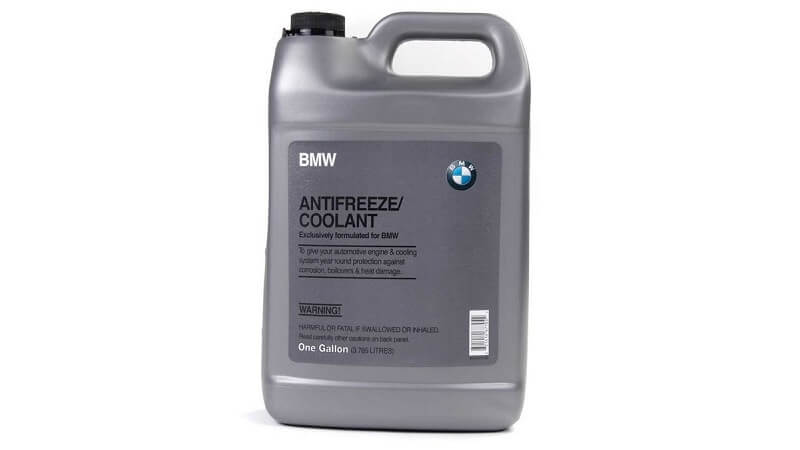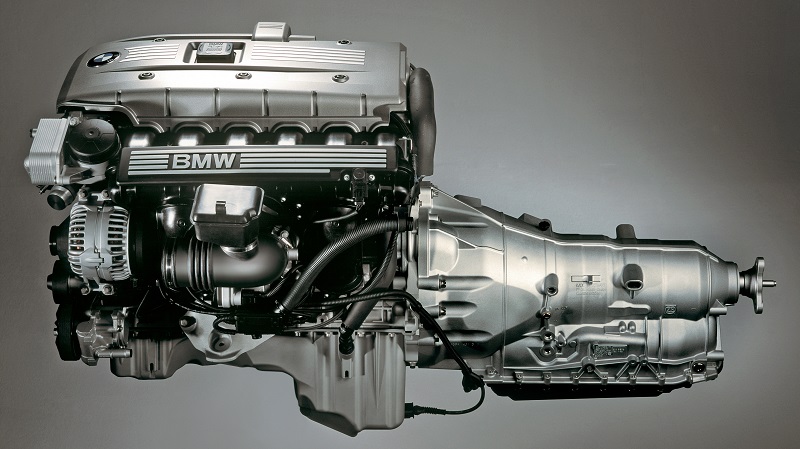We think it’s fairly safe to assume that if you’re here reading this, you probably know the fundamental principles behind the working of an internal combustion engine. A mix of air and fuel vapor is injected into the engine cylinders or combustion chambers, where they are ignited, causing an explosion that rotates the crankshaft and, consequently, the wheels on your car.
As you can imagine, the engine must constantly receive the required fuel and air it needs to produce power. Multiple systems and components are in play to ensure this process is carried out seamlessly. One of the key elements of the fuel system is the fuel pump. Its primary purpose is to provide the engine a steady supply of pressurized fuel.
If your BMW has a failing fuel pump, its engine will struggle to produce power. And you’re bound to notice that something isn’t right. In this article, we’ll cover everything there is to know about a failing fuel pump, from common symptoms you should watch out for to what you can do to reduce the likelihood of fuel pump failure.

What is a Fuel Pump?
A fuel pump is a vital part of your car’s fuel system, and, simply put, its primary purpose is to transfer fuel from the fuel tank to the engine. In the process, it also pressurizes the fuel so that the fuel injectors can adequately atomize them before they are discharged into the engine cylinders.
In most BMW models, the fuel pump is inside the fuel tank. When you turn the ignition on, the ECU signals the fuel pump to send fuel to the engine. The ECU also controls the rate at which the fuel pump transfers fuel based on the required power — the higher the revs, the harder the fuel pump is working.
Without a functioning fuel pump, your engine cannot run smoothly. If you need a new fuel pump for your BMW, you’re in the right place. We offer one of the largest catalogs of genuine, OEM and aftermarket fuel pumps online!
Signs of a Failing Fuel Pump
A faulty or failing fuel pump will hinder your engine’s normal functioning, resulting in some immediately apparent symptoms. Knowing these signs will help you narrow down the issue quicker, saving time and preventing further damage to the fuel system or the engine. Here are some of the most common symptoms of a failing fuel pump:
Engine Misfires or Shaky Idling
An engine misfiring or erratic idling is the most likely sign of a failing fuel pump. When the fuel pump cannot send adequate fuel to the engine, it will result in inefficient combustion and engine misfires. You’ll find that this is most apparent when the engine is being run at a steady rpm.
Difficulty Starting the Engine
If your fuel pump is on the verge of complete failure, it may not be able to supply any fuel to the engine. In such a case, your engine will crank thanks to the starter motor but will not fire up because there is no fuel to combust within the cylinders. In such a case, you should stop trying to start your engine as it could damage other components like the starter or the crankshaft.
Loud Noise from the Fuel Tank
As mentioned above, most BMW models have a fuel pump within the tank. When you turn the ignition on your car, you can probably hear a faint humming noise before you fire up the engine — this is the fuel pump in action, sending fuel to the engine. If the fuel pump is faulty, you might notice that this sound is louder than usual or not as smooth as usual.
Sudden Loss of Power
When you put your foot down on the throttle, the ECU notifies the fuel pump that more power is being demanded, and more fuel is sent to the engine. If your fuel pump cannot handle the additional fuel delivery, you’re bound to experience sudden drops in power when you try to accelerate.
Check Engine Light
If your fuel injectors are not receiving enough fuel to inject into the engine or if there’s an electrical issue with the fuel pump, the ‘Check Engine Light’ on your dashboard is sure to light up. Yes, an illuminated check engine light could be triggered by anything wrong with your car, but it’s a good indicator to start looking for an issue when the other symptoms aren’t as apparent.
What Causes Fuel Pump Failure

On a well-maintained car, it’s unlikely that you’ll have an issue with the fuel pump before you cross 100,000 miles. Sometimes, you might even breach 200,000 miles on the same fuel pump. Obviously, there are exceptions. Here are some of the most common reasons that a fuel pump may fail:
Low-Quality Fuel
Low-quality fuel is the most notorious culprit for premature fuel pump failure. Bad fuel is often contaminated with dirt, debris, and other impurities that can clog the fuel pump and cause damage. It can force the fuel pump to work harder than required, causing it to overheat and fail.
Fuel with a higher percentage of water can also result in corrosion around the fuel pump, and the only way to rectify the problem is to replace the pump.
Electrical Problems
The fuel pump works alongside several electrical components. If any of them have issues, like faulty wiring, damaged relays, or blown fuses, it can cause the fuel pump to fail.
Low Fuel Level
If you run your car with a near-empty gas tank often, you’re causing irreversible damage to the fuel pump. The fuel pump uses gasoline as a form of coolant. When there’s not enough fuel in the tank, the fuel pump works even harder to extract fuel and send it to the engine. This can cause it to overheat and fail.
How to Prevent Fuel Pump Failure

It’s not that hard to prevent fuel pump failure. Yes, it’s inevitable in the long run, but you can certainly delay when it happens to you. As long as you fill the car with good, clean fuel and ensure that it’s not empty often, your fuel pump should last a long time. There are also multiple fuel additives that you can run through your fuel system to reduce build-up around the fuel pump and keep the system clean.
Buy Genuine Parts from Bimmers.com
Unfortunately, it’s impossible to avoid fuel pump failure entirely. If you have owned a car long enough, you will have to replace the fuel pump at some point. At Bimmers.com, we only stock the best available parts for your vehicle. From genuine BMW spares to trusted OEM and aftermarket options, we’ve got it all.
You can shop for a brand-new fuel pump unit or pick up accessories like fuel injector seals, actuator clips, and O-rings. Just use the model and year of your BMW on our site, and you’ll only be shown parts that perfectly match your vehicle.





